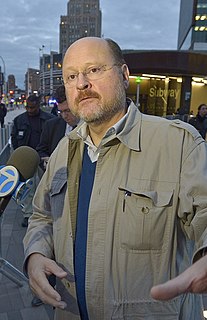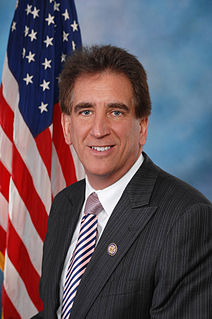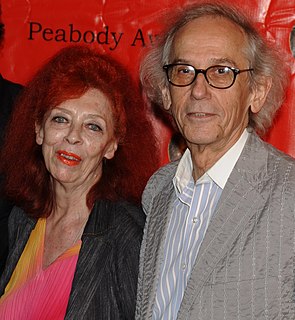A Quote by Joe Lhota
In 1964, I tried to convince my grandfather, who was active in the New York City firefighters union, to vote for Barry Goldwater over Lyndon Johnson because at the time I thought his approach to limited government was right on.
Related Quotes
I first became interested in Ho Chi Minh in 1964-1965 while I was stationed at the U.S. Embassy in South Vietnam as a foreign service officer with the Department of State. The government in Saigon was at the point of collapse and the [Lyndon] Johnson administration was preparing to send U.S. combat troops to prevent a communist victory there. I became convinced that the U.S. effort would not succeed because of the lack of conviction in the Saigon government compared to the discipline and sense of self-sacrifice among the Viet Cong.
Now in my view, if you were to line up the Presidents in the order of who made the greatest accomplishments, you'd put Lyndon Johnson in that arena with both Roosevelts probably, and [Abraham] Lincoln and so on. But the idea that Lyndon Johnson was operating as a free agent and coming up with these ideas on his own is nonsense.

































